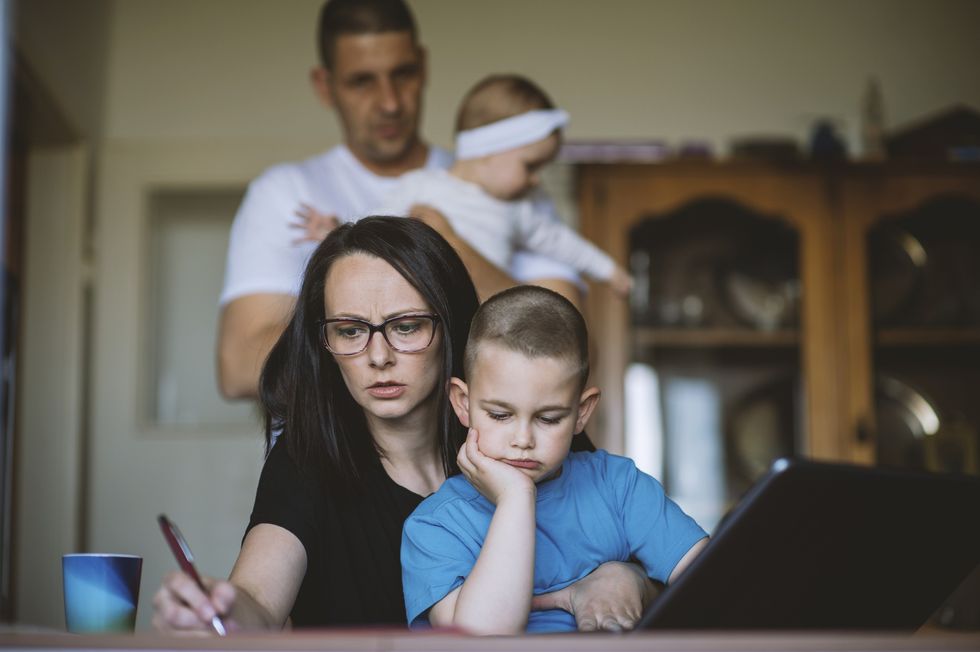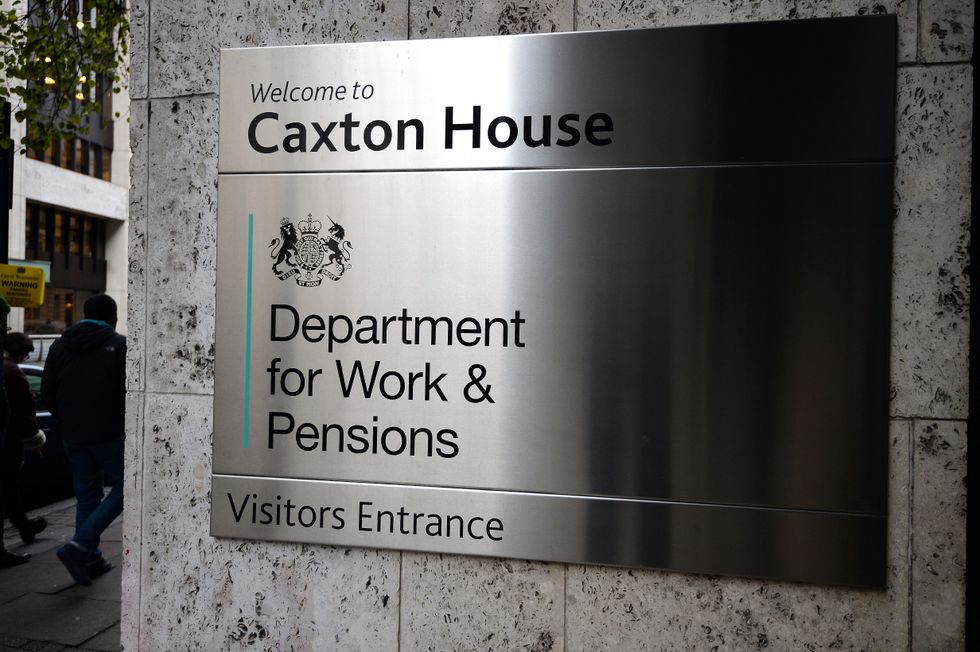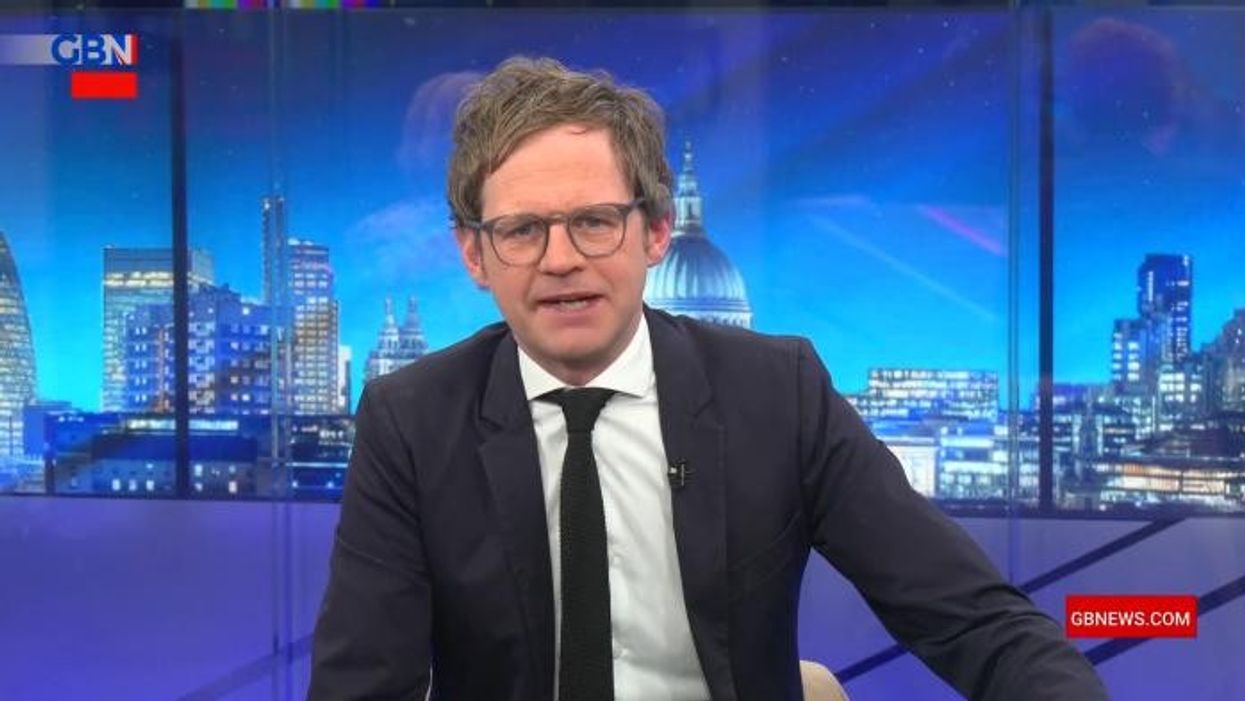Households have been saddled with rising energy bills and inflation-hiked prices over the last two years
Don't Miss
Most Read
Trending on GB News
Experts are calling for the Government to implement more “policy changes” as 12 million Britons are now in poverty amid the cost of living crisis.
Earlier this week, the Department for Work and Pensions (DWP) published data for 2022-23 which found families across the country experience a fall in real household incomes over the period.
According to the New Households Below Average Income (HBIA) data, this was due to an inflation hit of 10 per cent.
As a result, the share of people living in absolute poverty jumped from 17 to 18 per cent, up by 600,000 people to 12 million.
Notably, the UK’s child poverty rate rose by two percentage points to 25 per cent which is a rise of 300,000 to 3.6 million children.
Over the period, food insecurity jumped from seven to 10 per cent of households including 41 per cent of households on Universal Credit.
Do you have a money story you’d like to share? Get in touch by emailing money@gbnews.uk.

Millions of families with children are being pushed into poverty, according to new figures
GETTY
Despite these concerning figures, the Resolution Foundation noted this data would be more alarming without the Government’s previous cost of living payment support.
Following the pandemic, various payments were rolled out to vulnerable groups of people to assist with the cost of living.
Pensioners and people with disabilities were awarded an extra £300 and £150 last year, respectively.
Those on means-tested DWP benefits, including Universal Credit and Pension Credit, were given a £900 cost of living payment.
Other cost of living support included the £400 energy bill rebate for all households.
These payments were vital in alleviating some of the impact of the cost of living crisis for poorer households, the Foundation found.
This contributed to an overall fall in income inequality between 2019-20 and 2022-23.
However, the Government has not committed to continuing this level of support despite the cost of living crisis continuing for millions.
The state pension and other retirement benefits will see their payment rates raised by 8.5 per cent in April.
Next month, Universal Credit and the majority of DWP benefits will rise by 6.7 per cent.
LATEST DEVELOPMENTS:

DWP stats suggest there has been real terms fall in household incomes
PAHowever, with close to half of Universal Credit claimants living in food poverty, economists are questioning whether this payment hike is enough.
Adam Corlett, the principal economist at the Resolution Foundation, broke down what the latest DWP figures reveal about households are coping in the current economic climate.
He explained: “New HBAI data for 2022-23 highlights again just how difficult the cost of living crisis was for families, with the number of people in food insecure households jumping from five million to seven million.
“The number of children living in absolute poverty rose to 3.6 million during this period.
“It’s clear that this living standards hit would have been even worse without the big policy interventions such as cost of living Payments.
“But it’s also clear that strong, shared growth and further policy changes are going to be needed simply to return us to pre-2022 levels of income and deprivation.”









